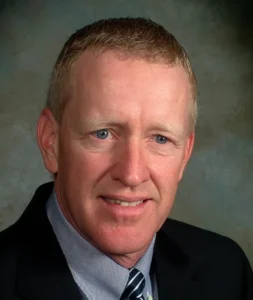Harvey Rosenblum, Director of Research for the Dallas Fed, has written an interesting if flawed report on the status of “Too Big to Fail” and the early results of the Dodd-Frank reforms. Some highlights include:
- Since the 1970’s the share of assets of the five largest banks has grown from 17% to 52%. As Rosenblum notes, with size comes complexity, and with complexity the opportunities for obfuscation, malfeasance, and creative greed.
- Smaller banks generally weathered the crisis better, and are generally in better shape now. Most TBTF banks still have toxic assets which still infect the whole economy.
- Dodd-Frank remains a work in progress, as its broad prescriptions are turned into rules by the required agencies, and this process has introduced more uncertainty into the system. But it is fighting size and complexity with size and complexity, leaving the larger banks, with its squadrons of lawyers, lobbyists and accountants, in an advantageous position, and the smaller banks, who have no choice but to comply with the costly demands, in a tenuous one. The smaller banks face the burdens of these regulations even if they didn’t do anything wrong the first time around.
- So long as the Fed maintains its remarkably low interest rates it will be encouraging debtors and effectively penalizing savers.
- He recommends breaking up the larger banks into smaller ones as “the ultimate solution” for TBTF – one that seems almost self-evident.
One might quibble with his overall endorsement and understanding of capitalism, but I think it is pretty clear that Congress hasn’t done some of the things that need to be done in order to restore some sanity to the system, including reviewing the role of the Fed itself. Clearly one of the main problems in the collapse of ’08 was the behavior of the ratings agencies, and Dodd-Frank doesn’t address them at all. These are an obvious problem in the system, especially when one considers how the ratings work and how the agencies are incentivized or not by that which they are rating.
Then too, there is the problem of implementing such regulations. The NYSE does around $15 trillion in sales annually with hundreds of thousands of exchanges daily and has, if I’m not mistaken, five full time regulators overseeing it.
One reads reports such as this with a deepening sense that this is far, far from over.





2 comments
Siarlys Jenkins
Breaking up banks that are “too big to fail” is indeed a no-brainer.
Apparently the Obama administration lacks sufficient independence to take such a momentous step. This may be because they are beholden to donors in the financial service industry, or because if he moved decisively, President Obama would be labeled “a socialist” once more. Perhaps both. Maybe Rosenblum can give the president some “right cover” to do the right thing.
Dodd-Frank is condemnably complex in part because congress paid too much attention to the myriad objections of lobbyists, who are now complaining that the whole thing should be scrapped because it is so complex. A sound regulatory scheme would make the costs and burdens of regulation steeper as size and complexity of an institution increased. Done right, size would reach a point of diminishing returns.
That doesn’t mean small institutions should face NO regulation. Small institutions can commit fraud also, and the Savings and Loan scandal showed how fraudsters could buy up and suck the life out of “small” institutions to run a scam. But, small institutions don’t need as detailed or expensive a set of regulation. Their books can be reviewed by a smaller staff, and their scope to do damage to the entire economy is much less.
Dylan
The link is bad.
Comments are closed.